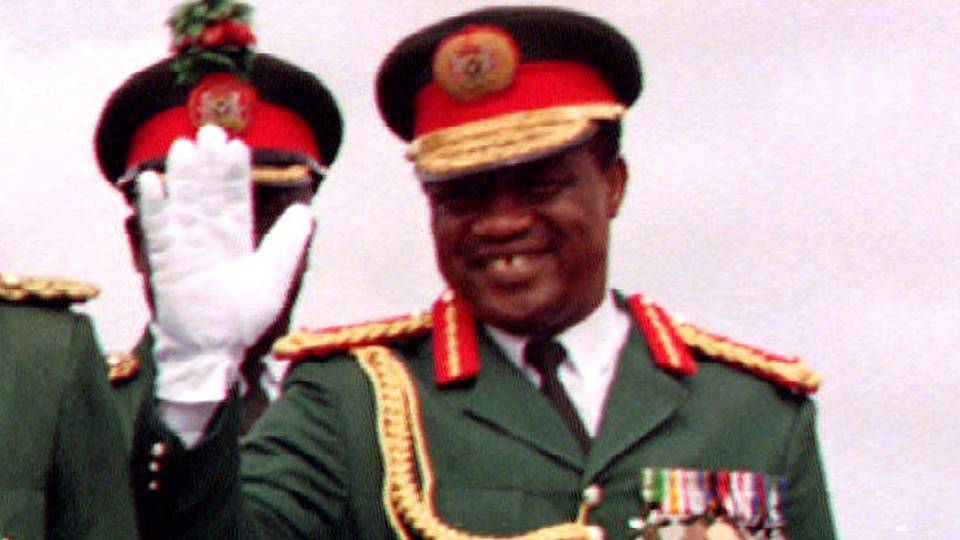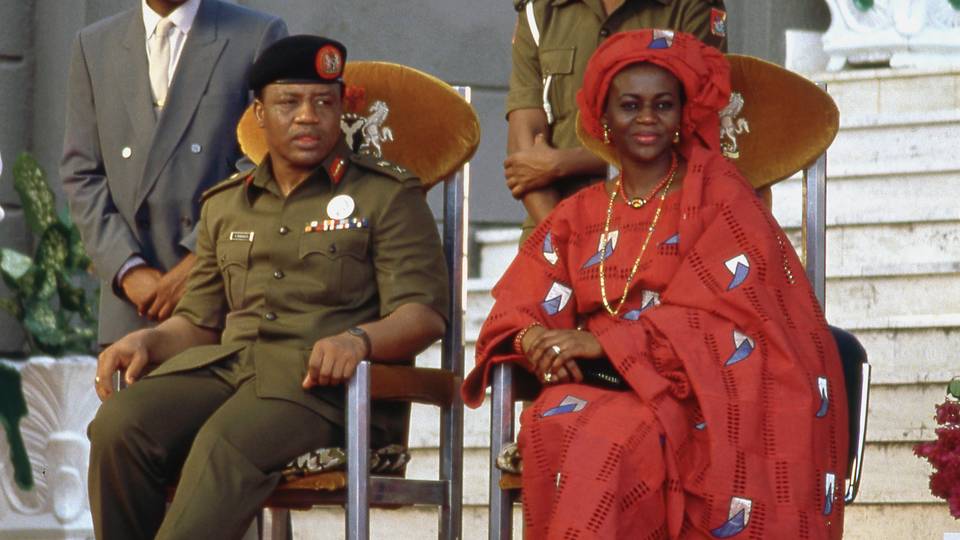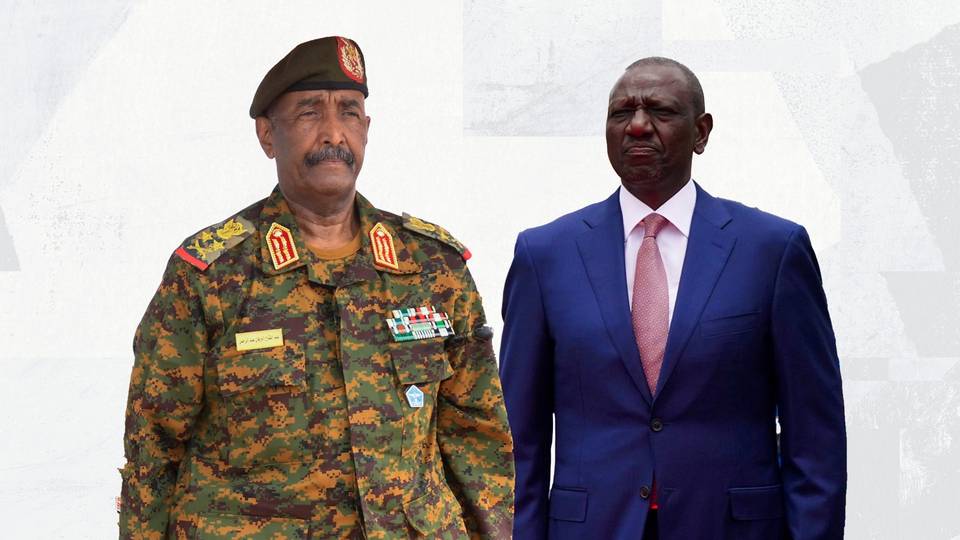Sport
Dollar
38,2552
0.34 %Euro
43,8333
0.15 %Gram Gold
4.076,2000
0.31 %Quarter Gold
6.772,5700
0.78 %Silver
39,9100
0.36 %The impending election of WHO Africa's next regional director has brought into sharp focus the heavy lifting that remains to be done to rejuvenate the continent's ailing healthcare systems.

By Sylvia Chebet
Four African nations – Niger, Rwanda, Senegal and Tanzania – have a candidate each in the race to become WHO Africa's next regional director, a post that brings with it responsibilities critical to tackling the many public health challenges of the continent.
Whoever among the quartet is picked as the successor to the incumbent, Dr Matshidiso Moeti of Botswana, at WHO Africa's 74th session from August 26 to 30 in Congo’s Brazzaville will inherit an unenviable legacy.
Africa tackles an astounding 100-odd public health emergencies every year with healthcare systems that need to be in better shape.
Maziko Matemba, a healthcare analyst, lists climate change, limited access to health services, dwindling donor support, and endemic communicable and non-communicable diseases as additional pain points for already overburdened public health systems.
The four contenders for the regional director's chair — Dr Faustine Engelbert Ndugulile of Tanzania, Senegal's Dr Ibrahima Socé Fall, Dr Richard Mihigo from Rwanda, and Niger's Dr Boureima Hama Sambo — are all experienced medical campaigners aware of what they are getting into.
WHO Africa's new fountainhead is expected to put systems in place that make the regional health authority more responsive to the needs of member states and eager to work with governments for a healthier Africa.
"This is a position that shapes policies governing the management of public health systems in Africa," Matemba tells TRT Afrika. "We hope governments and stakeholders will pick the best candidate — someone who understands the continent's health systems and can work with governments and non-state actors, including civil society and the private sector, to achieve universal health coverage by 2030."
Trailing key health targets
Each of the candidates has tabled a raft of proposals that they promise will improve healthcare delivery under WHO Africa's guidance if they are given the opportunity to head the organisation's office.
As a doctor, politician and technocrat, Ndugulile believes he brings everything required for the job to the table.
With just six years left to meet the UN's "2030 Sustainable Development Goals", Ndugulile points out that many countries remain off track in attaining health-related targets.
Worse, as the continent battles public health threats, some quarters have begun to question WHO's relevance.
"We need to be responsive to the needs of member states. We need to be adept at mainstreaming Africa's health agenda on the global stage. We also need to engage with the political and policymakers on the continent, the people who make decisions on budgets and health service delivery," he says.
Ndugulile, a serving lawmaker in his native Tanzania, advocates what he calls "transformational health leadership" for WHO Africa's impact to be felt on the continent.
His Senegalese counterpart, Fall, had his first experience tackling a public health emergency in 1996 when a meningitis outbreak in the Sahel killed 30,000 people.
"I realised that true public health goes beyond treating diseases. Understanding the social determinants for health and addressing the broader factors contribute to public wellbeing," he says.
Fall suggests community-centred, culturally sensitive and inclusive health interventions for these to be effective.
"We need to put health at the core of political decisions and ensure adequate financing for it," says Fall, currently director of WHO's Global Neglected Tropical Diseases Programme.
Rwanda's Mihigo, who has been associated with WHO for 18 years and officiated as Vaccine Alliance Gavi's global lead and senior director for Covid-19 vaccine delivery, says Africa can ill-afford "to wait to be saved by others".
"My vision is to enable our region to put health at the heart of its broader development agenda," he says.

Sambo of Niger, who has also served in various capacities within WHO since 2007, is a doctor focused on non-communicable diseases.
"Having worked across the Africa region, I have had first-hand experience with outbreaks of infectious diseases and the limitations of health systems. We need to fight disparities in the health sector," he says.
Journey is the destination
For all four candidates, the common priority areas include accelerating universal healthcare coverage through robust primary health services, raising awareness, and preventing diseases with particular attention to health-emergency preparedness.
Management of non-communicable diseases, greater attention to mental health and adequacy of maternal and childcare services also feature on the to-do list.
As WHO Africa's regional committee assembles in Brazzaville later this month to nominate a new head, more than just the promise of transformation is in the air.
The future of Africa's health and the efficacy of its healthcare delivery systems are at stake as the four contenders seek to bring their A-game to the challenging job of providing leadership to the continent in this sphere.
➤Click here to follow our WhatsApp channel for more stories.
Comments
No comments Yet




















Comment